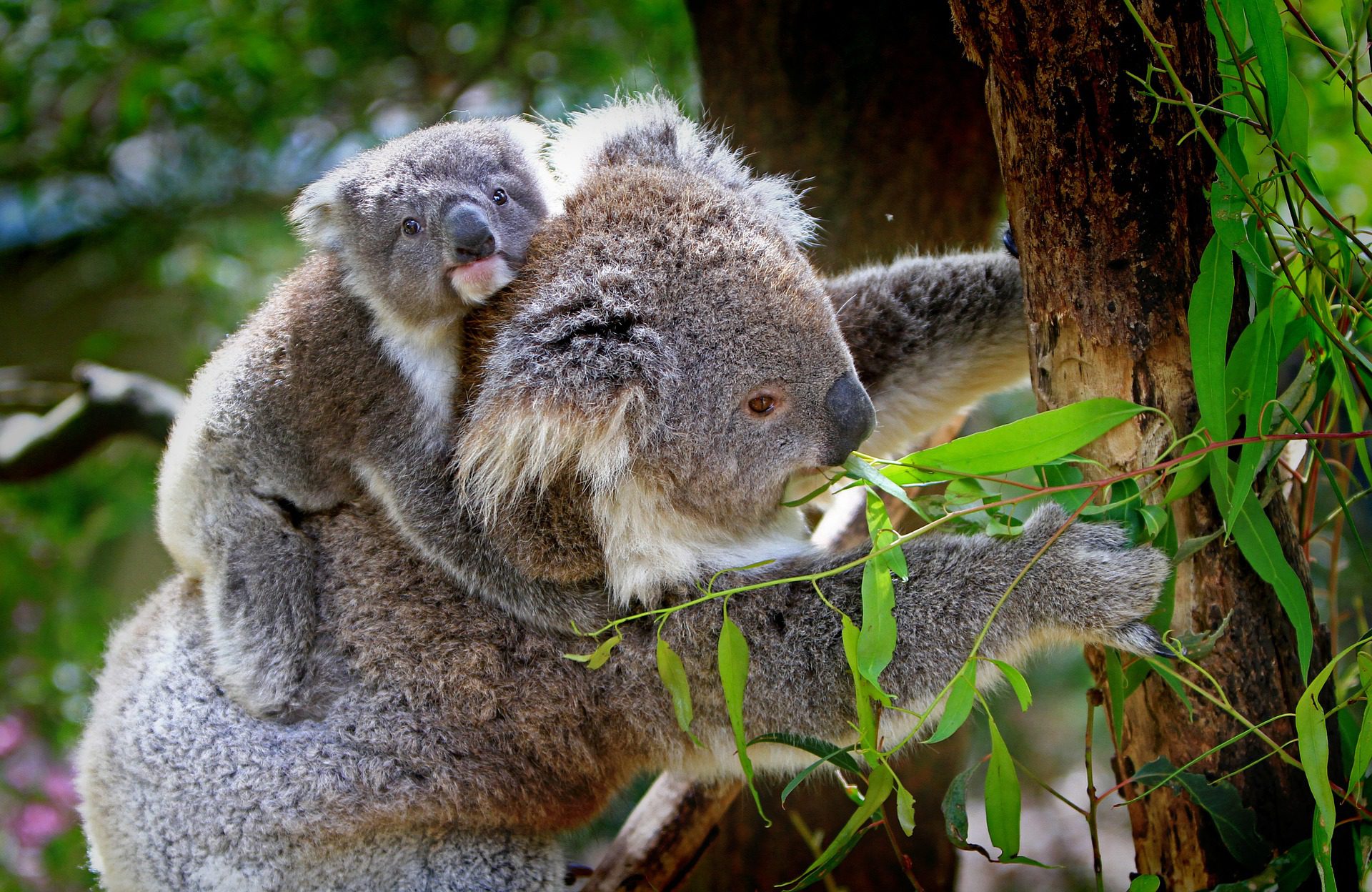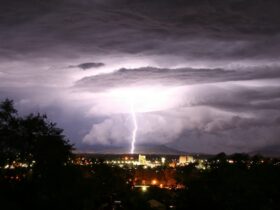
Modifying the microbiome of koalas threatened by the disappearance of their natural habitat could save the species, according to Australian researchers.
The fluctuating population of koalas at Cape Otway, Victoria, was the basis for the study, published in the journal Animal Microbiome.
In 2013, the population of koalas reached a very high density, which led them to eat all the trees of their favorite species, says Michaela Blyton, of the School of Chemistry and Molecular Sciences at the University of Queensland.
As a result, more than 70% of koalas died of starvation because of the disappearance of the kind of eucalyptus they normally feed on.
Koalas can have problems adapting to new diets when the trees they normally eat disappear, or when they are moved.
Michaela Blyton, researcher at the University of Queensland
They did not try to feed on another tree species to survive, says the researcher, who also works with Ben Moore at Western University in Sydney.
Fecal capsules
This led us to wonder if the microbes present in the intestines of koalas, their microbiome, did not limit the type of trees they could eat , continues Michaela Blyton.
The researchers then developed the idea of ​​extending the diet of koalas by modifying the microbial flora of their intestines.
They fed the koalas with capsules containing feces from other marsupials used to eating another species of eucalyptus.
These capsules modified the microbiomes of the koalas, which could thus start to eat the second kind of trees that most of them had previously shunned.












Leave a Reply